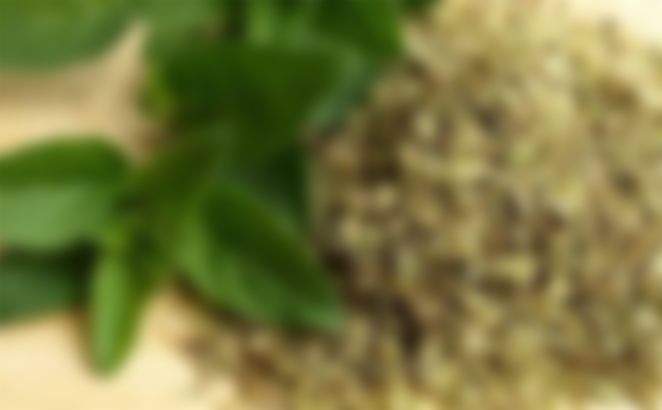Oregano is a spice without which pizza would have a completely unrecognizable taste, but this plant is much more than that. It is also popularly known as vranil grass, grandmother's grass, blackthorn and ant. Oregano as a perennial plant (wild) grows in the warm hilly regions of southwestern Europe and the Mediterranean. Of course, it is also grown in other, colder parts of the planet, but as an annual plant.

It is most similar to marjoram, but it is healthier than it. Oregano is an important culinary plant because as a spice it gives a specific aroma to dishes and salads to which it is added. Of course, "pizza grass" became popular outside of southern Italy after the Second World War. It goes well with spicy dishes, which are just popular in southern Italy. Not to be confused, it has long been used in all other cuisines throughout the Mediterranean (literally all), but also in the Philippines and Latin America.
Since ancient times, oregano has a medical application. The father of medicine, Hippocrates, used it as a natural antiseptic, but also as a remedy for stomach pains and respiratory diseases. No wonder the Greeks use it against sore throat even today.

Oregano is rich in antioxidants, primarily polyphenols and flavonoids. In addition to beneficial polyphenols, oregano also contains minerals: manganese, iron, calcium, but also vitamin K. Antibacterial action on many types of bacteria has been proven. It has a beneficial effect on the digestive, respiratory and nervous systems.
The power of oregano oil
It can be sold as a dried spice, as fresh (it can be grown in pots) and in the form of essential oil. Oregano oil (up to four percent) usually contains two polyphenolic compounds: carvacrol and thymol, which are the strongest natural antiseptics. Wild oregano oil is even more beneficial than ordinary (cultivated) oregano oil, and you can also find it in herbal pharmacies and health food stores. Compared to modern antiseptics, oregano oil gives even better results.

Oregano oil is obtained from wild varieties of oregano by a special distillation process, in order to preserve all the healing properties.
The most valuable medicinal substance in Oregano oil is carvacrol, an ingredient that has strong antibacterial properties. Scientists have confirmed that Oregano oil is effective against 25 different types of bacteria, mostly against most bacteria that cause infections of the colon and urinary tract, ulcers and skin infections. In addition to destroying bacteria, Oregano oil has a strong antiviral effect and effectively protects against flu and colds.
Oregano oil works great against many types of bacteria, viruses and fungi that change shape and make treatment difficult. The aggressive antifungal properties of oregano oil successfully prevent stubborn infections such as candidiasis, persistent Escherichia, fungus on the nails and scalp, as well as "athletic foot". Depending on the type of infection, oregano oil can be drunk or applied topically.
Interestingly, research by the US Department of Agriculture showed that oregano oil has 42 times greater antioxidant effect than apple, 12 times more than orange, 4 times stronger antioxidant effect than blueberries, and even 26 times stronger than phenol (means of sterilizing surgical instruments) .
Fragrant tea leaf oregan
Respiratory tract problems are encountered at the transition from one season to another, after viral infections, due to sinus weakness and a number of other reasons. Wild oregano tea will successfully alleviate all the problems caused by illness or irritation of the respiratory tract and soothe cough and bronchitis. It is also beneficial for digestive disorders and especially effective for unpleasant diarrhea and intestinal parasites. If you are struggling with Escherichia coli, due to the prescribed dosage of this tea, your urinary tract will finally be free of pain and unbearable tension.
If you love this spice, now you have an extra reason. Season the food with a healthy plant!
I hope you found this text useful!
Best regards!
Your @MarijaJak



I like to use oregano in cooking.